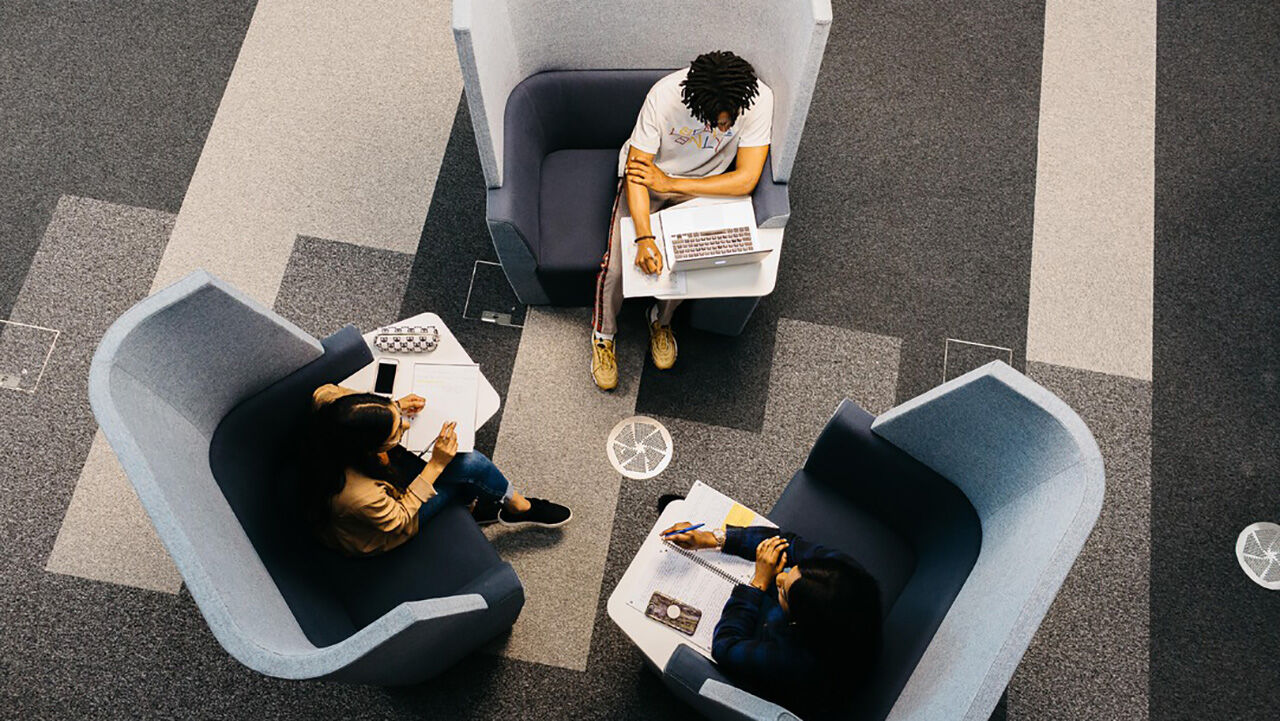Preparing for university
Readying yourself for university is so much more than getting applications in and heading there at the start of term. It’s important to get yourself university ready and you can find tips on areas such as study skills for you to use now, as well as at university, to employability advice and mental health and wellbeing tips.
Preparing for university - a student’s perspective
Hear from third-year student, Caitlin, about her university experience and the things she had to decide when choosing her university and course.
Study skills
Find it hard to study or revise? This animation will provide you with some interesting facts about retaining information and offer some alternative methods to improve your study skills.
Study skills and revision
Developed in collaboration with academic support staff and current students, our revision guide provides useful techniques, including revision hacks, exam tips and these covers a range of styles to suit different learners.

University life
University is a place of opportunity. Watch this animation to gain an insight into these opportunities that could be available to you as a university student.
Where will I live at university?
Not sure where to live when going to university? This animation will give you an idea into some options that are available, as well as some of the key questions to help you decide.